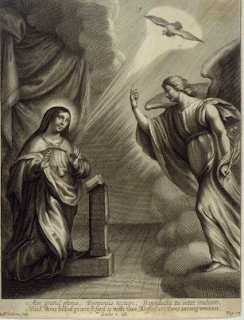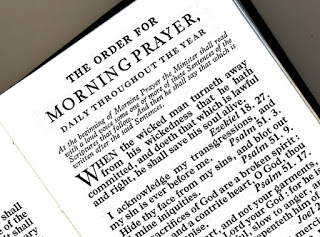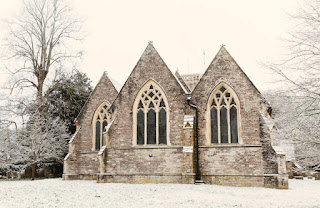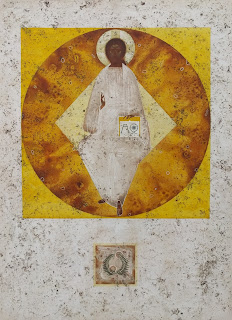Christmas Day: 'There is nothing, not anything, in heaven or earth left out'

On this feast of Our Lord's Nativity, an extract from Lancelot Andrewes' sermon for Christmas Day 1623 , on the text 'That in the dispensations of the fulness of times, He might gather together in one all things in Christ, both which are in Heaven and which are on earth even in Him' (Ephesians 1:10). Here Andrewes, in a richly patristic fashion, sets forth the recapitulation of all things in the Incarnate Word, the recapitulation in which we participate through the Eucharist, in anticipation of the "merry joyful feast" that will be the renewal of all things. As we confess the Incarnation of the Word, receive the Holy Mysteries, and celebrate this day and season with joy, Andrewes provides a beautiful, powerful meditation on our salvation: All in heaven recapitulate into One, that is God; all in earth recapitulate into one, that is man. Gather these two now, and all are gathered, all the things in either. And now at this last great recollection of God and man, ...
















